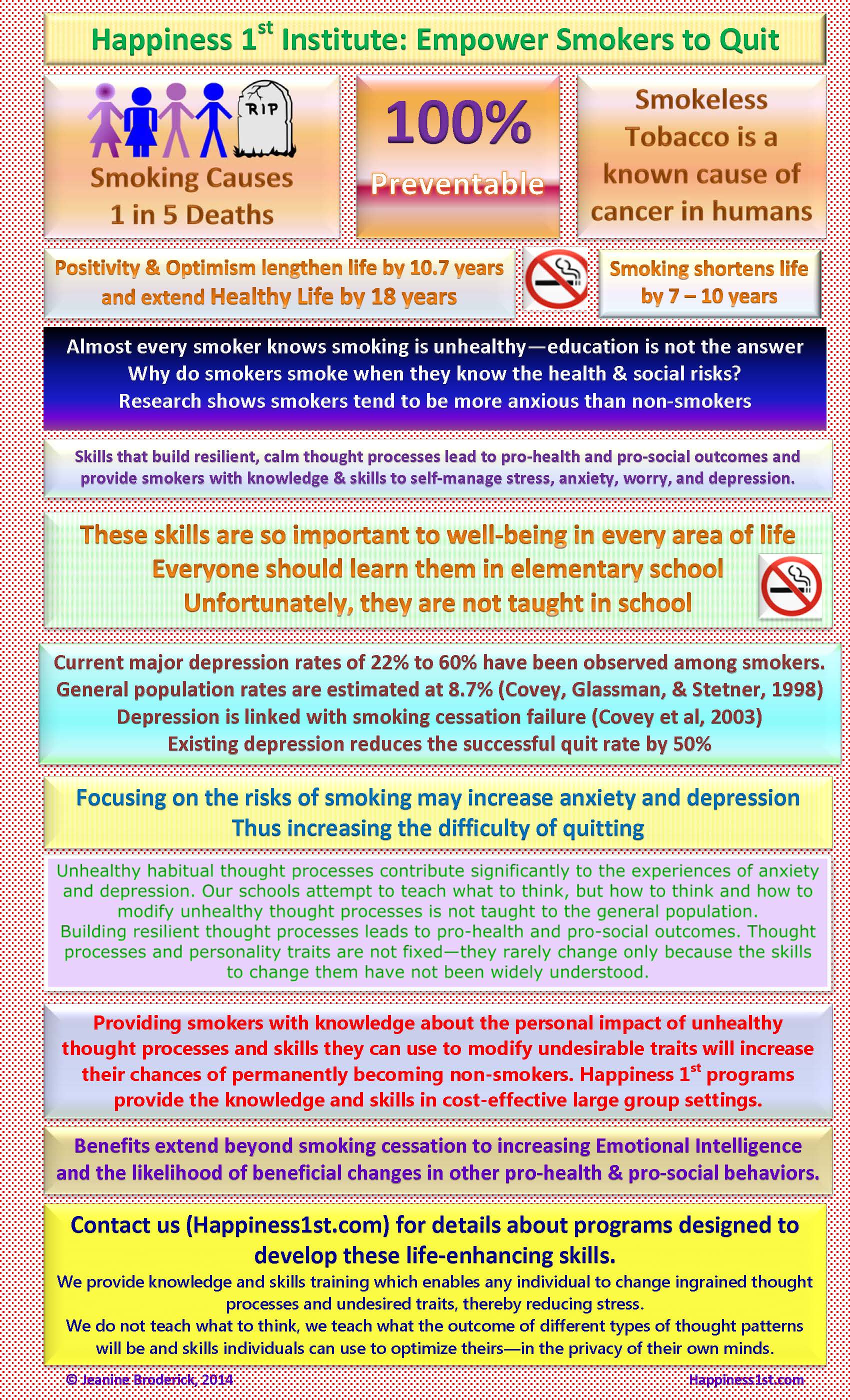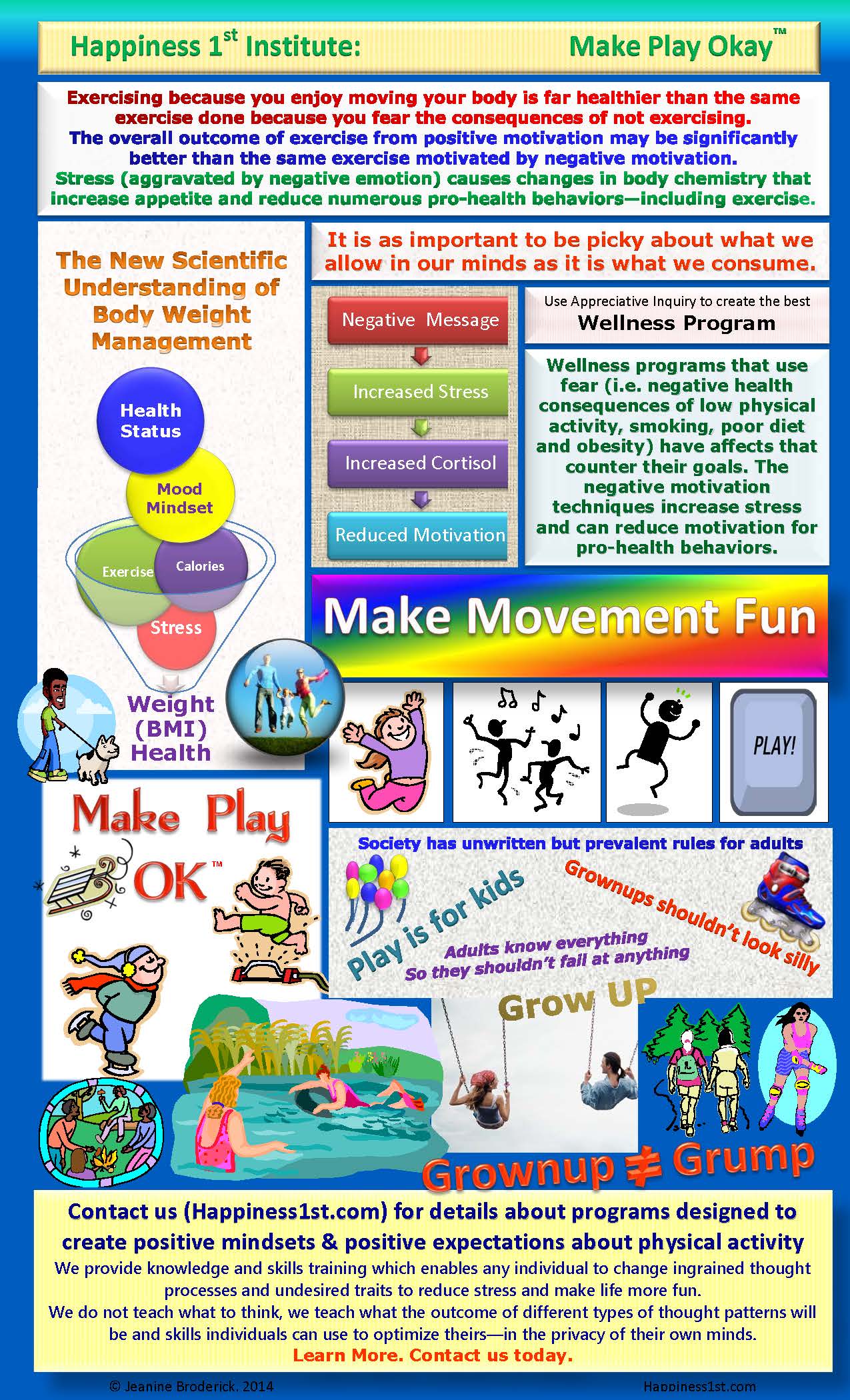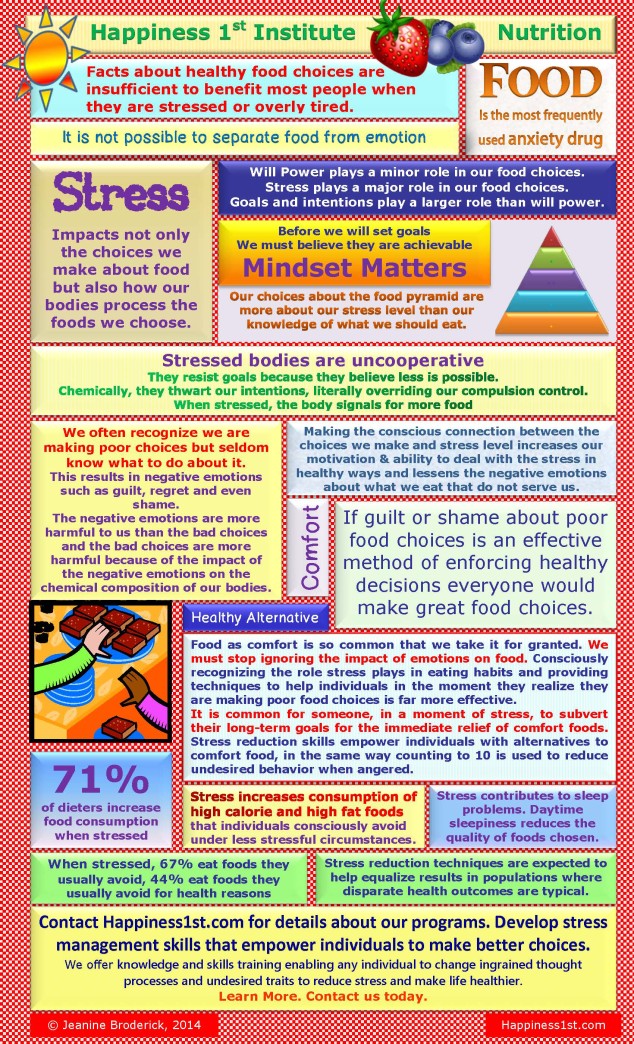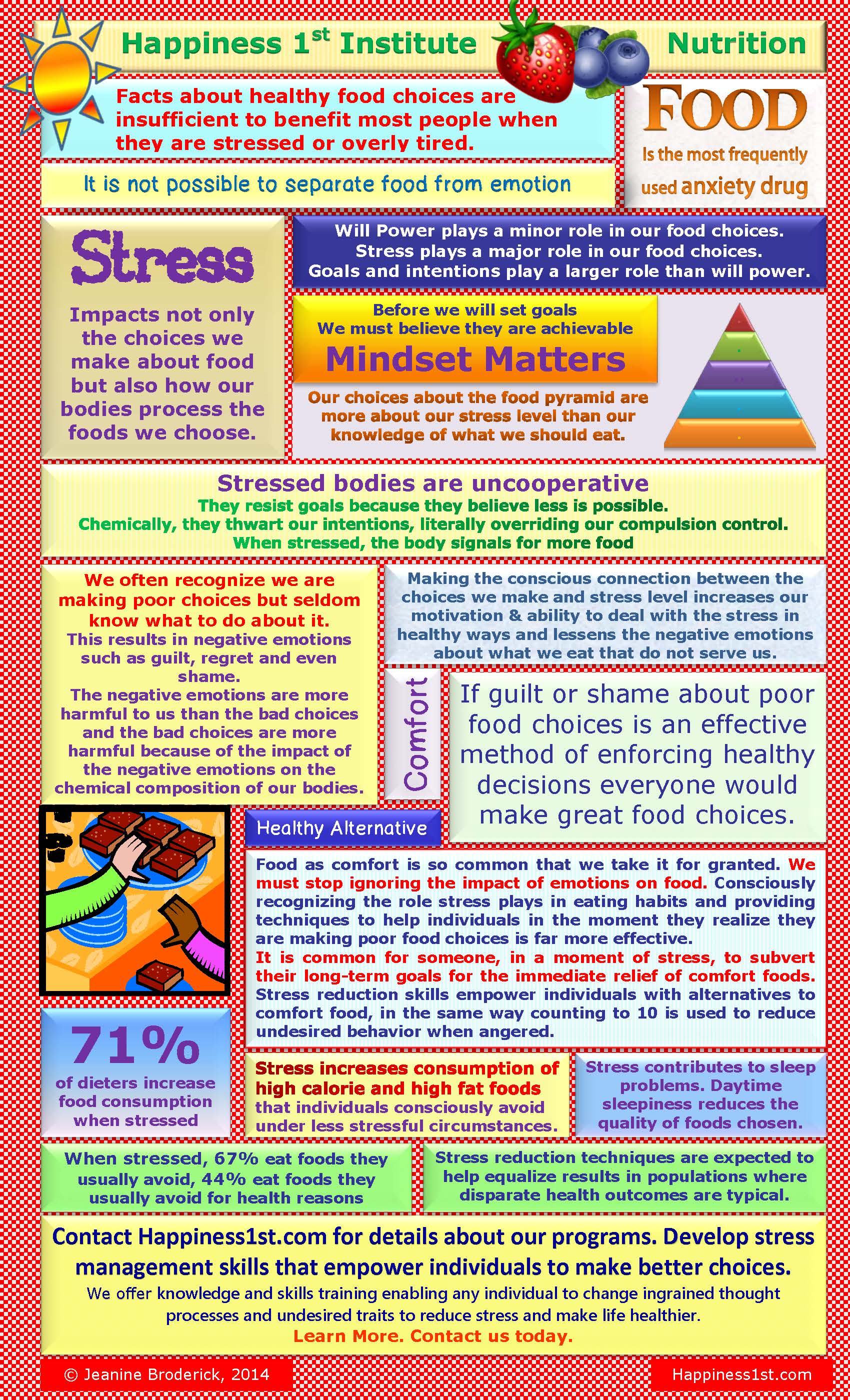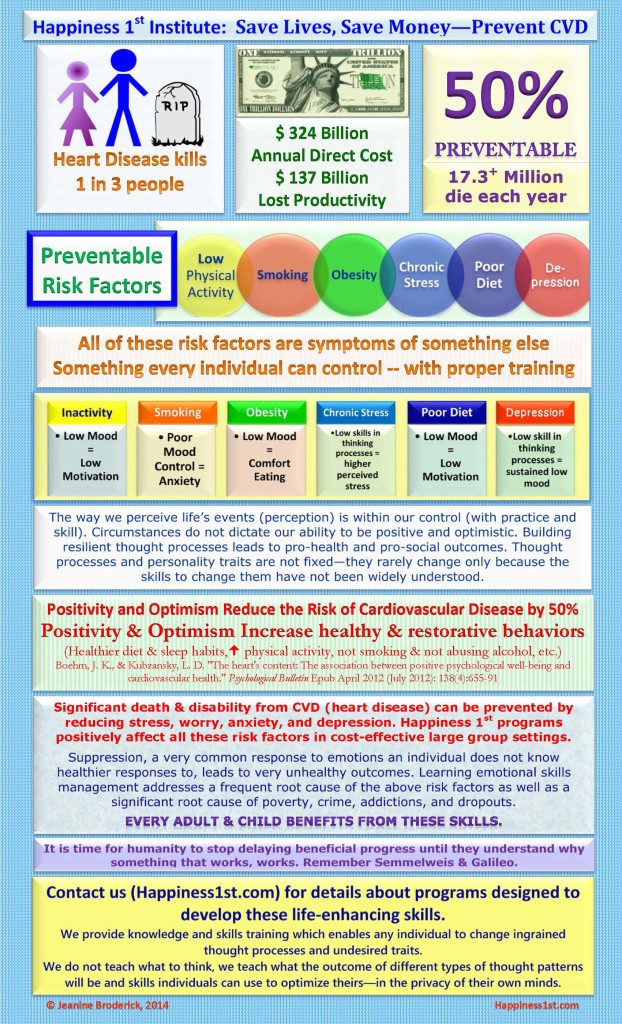Since the 1970’s, it has been widely recognized that stress is bad for our health. Researchers agree that at least 60% of illnesses and disease are the result of stress.
During the years since the 1970’s we have learned many details about the path stress takes and how it harms our physical, mental, emotional, and behavioral health. Those pathways are helpful in creating pharmaceutical bandaids (which I know are needed by many people today). But, the reason they are needed is because the recommendations for dealing with stress have not changed or advanced much in the last 40 years. Oh meditation and yoga have moved out of the cult or woo woo classifications they once suffered and become more mainstream, but the root of stress is still not being widely addressed.
As Thoreau said,
There are a thousand hacking at the branches of evil to one who is striking at the root.
If you substitute stress for evil, I would say,
There are a thousand hacking at the branches of stress to one who is striking at the root.
Happiness 1st Institute exists because I came to understand the root cause of stress and how to eliminate it and recognized the significant benefits to society’s around the world that could come from sharing what I had learned. Unlike much of the advice given today, eliminating the root cause of stress does not require anyone to give up activities they enjoy. In fact, doing so is counter to what reduces stress.
Addressing stress at its root is a perfect example of another old saying, one Ben Franklin believed,
An ounce of prevention is worth a pound of cure.
Addressing stress at its root is what we call Primary Prevention. It prevents the illness or disease from developing in the first place. Stress disrupts numerous functions critical to healthy living including immune function, cognitive function, digestive function and some central nervous system functions. It can also lead to adverse epigenetic changes that turn on genes that lead to adverse consequences. Cumulative stress (both pre-pregnancy and during pregnancy) have adverse impacts on duration of the pregnancy (causing pre-term births) and adverse outcomes including increased asthma, sleep and behavioral problems, and depression in the children.
A recent infographic produced by the Robert Wood Johnson Foundation (RWJF) shows many of the adverse consequences of stress (although their solutions are not Primary Prevention–they address the symptoms of stress instead of the root).
The negative impact of stress on the body begins immediately. If you’re one of the people who doubt this, recall a time when you were nervous. Perhaps that good looking person you’d been hoping to talk to unexpectedly stepped into the elevator with you at the last moment. If that doesn’t do it, imagine you’re 11 years old when it happens. You remember the instantaneous perspiration, the sweaty palms, perhaps the blush that swept across your cheeks. How long did it take to have that reaction in your body? That was stress. Those are signs of stress you can feel immediately. What you don’t feel is the slowing down of your immune function and digestive function or the cognitive constriction of your ability to think clearly (or maybe you did feel that if that person stepping into the elevator made you tongue tied).
The negative effects begin immediately.
Stress Culture to Health Culture
Our bodies are designed to respond to stress and return to a relaxed state but our society’s beliefs and structure do not support that. We are trained to remain in hypervigilant states of worry, fear, and concern. We are trained to live with stressors like frustration, anger, grief, depression, hopelessness, irritability and more rather than deal with the negative emotions as they arise. Many people suppress their emotions. Others have felt them so long it has become their norm and they don’t realize that it is killing them–literally.
To truly move from a culture of stress to one of greater health and wellbeing for everyone we must begin using primary prevention to reduce stress. If we don’t, the epidemic chronic illnesses like Type II diabetes, heart disease, addictions, obesity and numerous social problems like crime will all continue to increase. Stress is the root cause and primary prevention is the only way to avoid the undesired outcomes. It is a significant factor in disparate outcomes, one that can be solved today.
We are designed to deal with stress when we experience the negative emotion. When we do, we thrive. When we don’t, we suffer. So do our relationships, our careers, and our level of happiness. New research has pointed the way to do this without having to give up what we love (or even family members we find difficult to love). We can have far greater control over our stress level than most have ever experienced. That’s what we teach at Happiness 1st Institute. If you’re interested in learning more, please contact us for details on upcoming classes.


